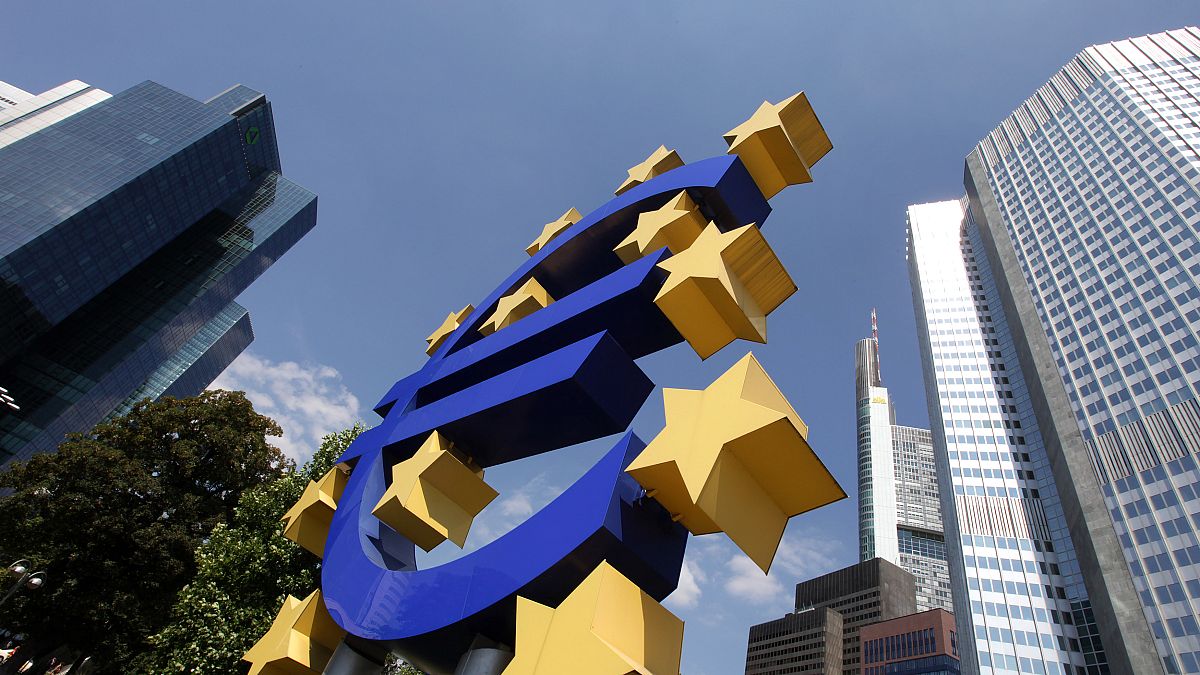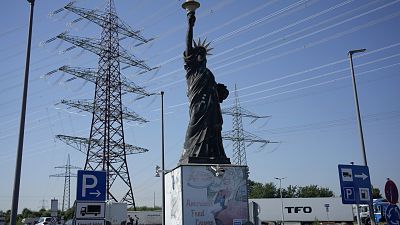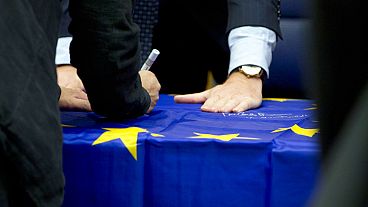Eurozone private sector activity dropped in July, hitting a five-month low. The Composite PMI fell to 50.1, signalling near-stagnation and raising concerns about the recovery's momentum.
Private sector activity in the eurozone experienced a sharper-than-expected decline in July, hitting a five-month low and casting doubts on the recovery's momentum for the second half of the year.
Preliminary data from the Purchasing Managers' Index (PMI) survey indicated near-stagnation in the eurozone's private sector in July. The Composite PMI dropped from 50.9 in June to 50.1 in July, the lowest reading since February and below the forecasted 51.
This decline is attributed to a slowdown in services growth and worsening contraction in the manufacturing sector. The Services PMI fell from 52.8 to 51.9, a four-month low, missing expectations of a rise to 53. The Manufacturing PMI decreased slightly from 45.8 to 45.6, contrary to forecasts of an increase to 46.1, marking the lowest point for manufacturing since December 2023.
The near-stagnation in business activity was reflected in weakening demand. New orders fell for the second consecutive month, and business confidence hit a six-month low, leading firms to pause hiring initiatives started earlier in the year.
Input cost inflation quickened, but weak demand meant companies raised their selling prices more slowly, with the pace of charge inflation at its lowest since last October.
Dr. Cyrus de la Rubia, Chief Economist at Hamburg Commercial Bank, commented: "Is this the summer lull? It feels a bit like it as the Eurozone economy barely moved in July.
"According to anecdotal evidence, French service providers increased their business activity in July due to the preparation for the Olympic Games. In contrast, demand in the German manufacturing sector seems to have dragged down overall private sector output," he added.
De la Rubia suggested that the sluggish growth could bolster arguments for a rate cut by the European Central Bank (ECB) in September.
Germany's economic struggles, Olympic Games rescue France
Germany and France, the eurozone's two largest economies, continued to underperform the broader region, although with notable differences.
Germany's Composite PMI fell to 48.7 in July from 50.4 in June, the lowest since March and missing the forecasted 50.7. Services growth slowed, with the PMI dropping from 53.1 to 52. Manufacturing PMI fell from 43.5 to 42.6, marking the 24th consecutive month of contraction for the sector.
"This looks like a serious problem. Germany's economy fell back into contraction territory, dragged down by a steep and dramatic fall in manufacturing output," said de la Rubia.
"The elephant in the room is the various structural issues. The most significant factor impacting the German manufacturing sector is the increasing loss of global market share of German car and machinery producers to competitors in China. Unfortunately, this problem is here to stay," he added.
France's Composite PMI improved slightly from 48.8 to 49.5, indicating a less severe contraction. The improvement was driven by services, which returned to growth with the PMI rising from 49.6 to 50.7, buoyed by preparations for the Olympic Games.
Norman Liebke, Economist at Hamburg Commercial Bank, noted: "The Olympic Games are fuelling the French economy. Business activity increased for French service providers for the first time in three months. According to anecdotal evidence, this is partially due to the Olympic Games. Additionally, companies reported higher output due to the end of the election period, which led to more certainty."
While France appears poised for a recovery in the second half of the year, led by the services sector, inflation remains a challenge, as Liebke noted. Higher raw material costs have driven up input prices, leading to the fastest increase in selling prices in three months.
Market reactions
After declining 0.3% on Tuesday, the euro continued to fall on Wednesday morning, with the euro-dollar exchange rate down 0.2% to 1.0830.
The euro also weakened against the Japanese yen, dropping 0.7%, marking the fourth consecutive negative session for the euro-yen pair.
Yields on eurozone government bonds declined across the board, with significant movements in shorter-dated maturities, reflecting increased investor expectations of rate cuts by the European Central Bank.
In Germany, the 2-year yield fell by 5 basis points to 2.72%, heading towards its lowest close since mid-February 2024. Bund yields dropped 4 basis points to 2.42%.
Eurozone equities were heavily impacted, with the broader Euro STOXX 50 down 1% by 10:30 a.m. CET. The French CAC 40 was the worst performer among member states, falling 1.7%, driven by significant losses in luxury giants LVMH Moët Hennessy Louis Vuitton, Kering, and Hermes International, which fell 5%, 3.3%, and 2%, respectively.
The German DAX declined by 1%, with Deutsche Bank plummeting over 6% after the bank warned of ongoing pressure from its exposure to commercial real estate.















